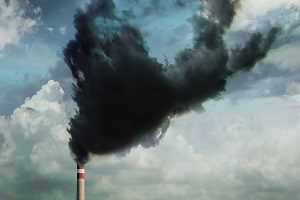
At M3 Environmental LLC, we have been providing environmental air, water, and soil pollution consulting services to the Monterey County area since 2005. We are highly qualified and fully certified in detecting harmful pollution through inspections and testing.
Why Pollution Testing?
There are many reasons to want the space around you to be free from harmful levels of pollution. Poor air quality can cause irritation of nose, throat, eyes, and skin, hypersensitive to allergens, as well as dizziness, shortness of breath and fatigue. Air pollution is especially dangerous for those suffering from asthma, emphysema, or other respiratory diseases.
Water pollution affects all living organisms and is a significant global problem. It contributes to a host of diseases and disorders, and some experts believe the leading cause of death worldwide. The main cause of soil pollution is a man-made waste, such as industrial activity, improper waste disposal, and agriculture. Soil pollution can cause toxic dust, contaminate the food we eat, and cause chronic health problems in humans.
Sources of Air, Water, And Soil Pollution
Pollution can come from numerous factors. Some common causes of air, water, and soil pollution are:
- Industrial Factories
- Vehicle Emissions
- Household Cleaning Products
- Pesticides
- Fertilizers
- Marine Vessel Fuel Oil, Burnt Oil, and Tars
- Acid Rain
- Power Plants Leaks
Dangerous materials and pollutants can hide just about anywhere, and the health and safety of yourself and those around you could be at risk. Our pollution consulting professionals have the training and tools to provide you with expert advice, inspections, testing, and assistance in creating a removal plan for many harmful materials.
Breath Easier Today
Contact M3 Environmental LLC for your air, water, and soil pollution concerns. Our engineers we’ll provide you with the peace of mind of knowing you, your employees, and those you care about are in a safe, healthy environment.





